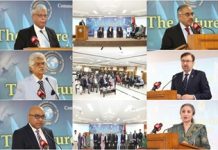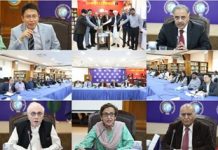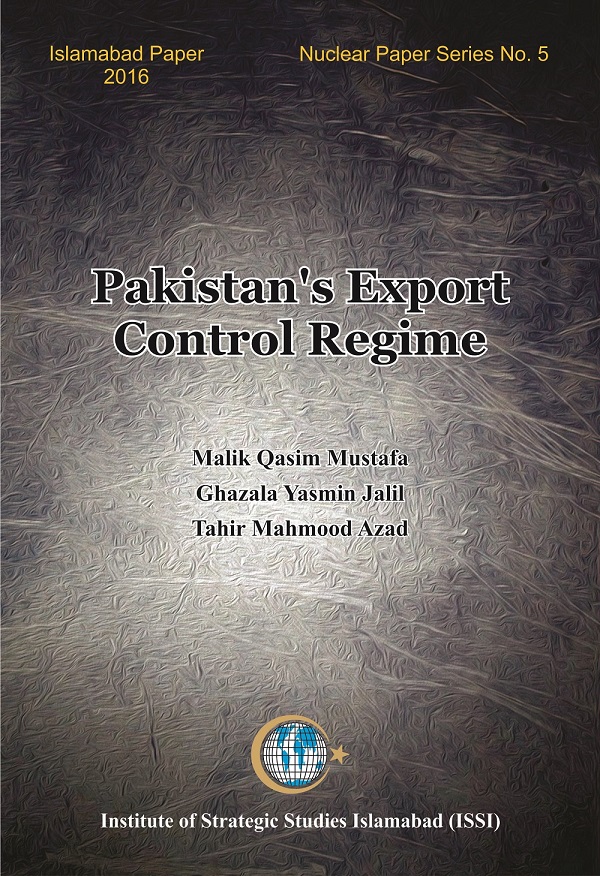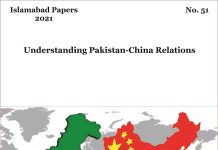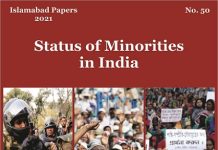INTRODUCTION
Proliferation of the Weapons of Mass Destruction (WMD)-related know-how and associated technology has long been an international concern. To address these proliferation concerns, the international community has devised many legally binding tools and instruments like the Nuclear Non-Proliferation Treaty (NPT); international nuclear safeguards under the International Atomic Energy Agency (IAEA); Chemical Weapons Convention (CWC) and Biological and Toxin Weapons Convention (BTWC); and establishment of multilateral export control regimes like the Nuclear Suppliers Group (NSG), Missile Technology Control Regime (MTCR) and Australia Group (AG). All these measures constitute the international non-proliferation regime. Initially, these international non-proliferation efforts were limited to prevent the proliferation of WMD components and associated technology between states. But when these proliferation concerns were overshadowed by proliferation by non-state actors and terrorists, the international community started to adopt new measures and tools to strengthen the existing international non-proliferation regime, such as United Nations Security Council Resolution (UNSCR) 1540.
In order to prevent the WMD proliferation, the international non-proliferation regime also entails certain non-proliferation measures at the national level. Among other measures, establishment of a stringent export control system is a key obligation and responsibility of a nuclear state to control and regulate materials associated with WMD. Pakistan, as a responsible nuclear weapons state also recognises its obligations and responsibilities to strengthen international non-proliferation efforts. Development of an effective export control regime has been at the forefront of Pakistan’s non-proliferation efforts since its inception. During the last decade or so it has enacted an export control regime which is not only at par with that of any developed country, but also with existing multilateral export control regimes. Pakistan is constantly updating its export control regime to meet existing and future challenges.




